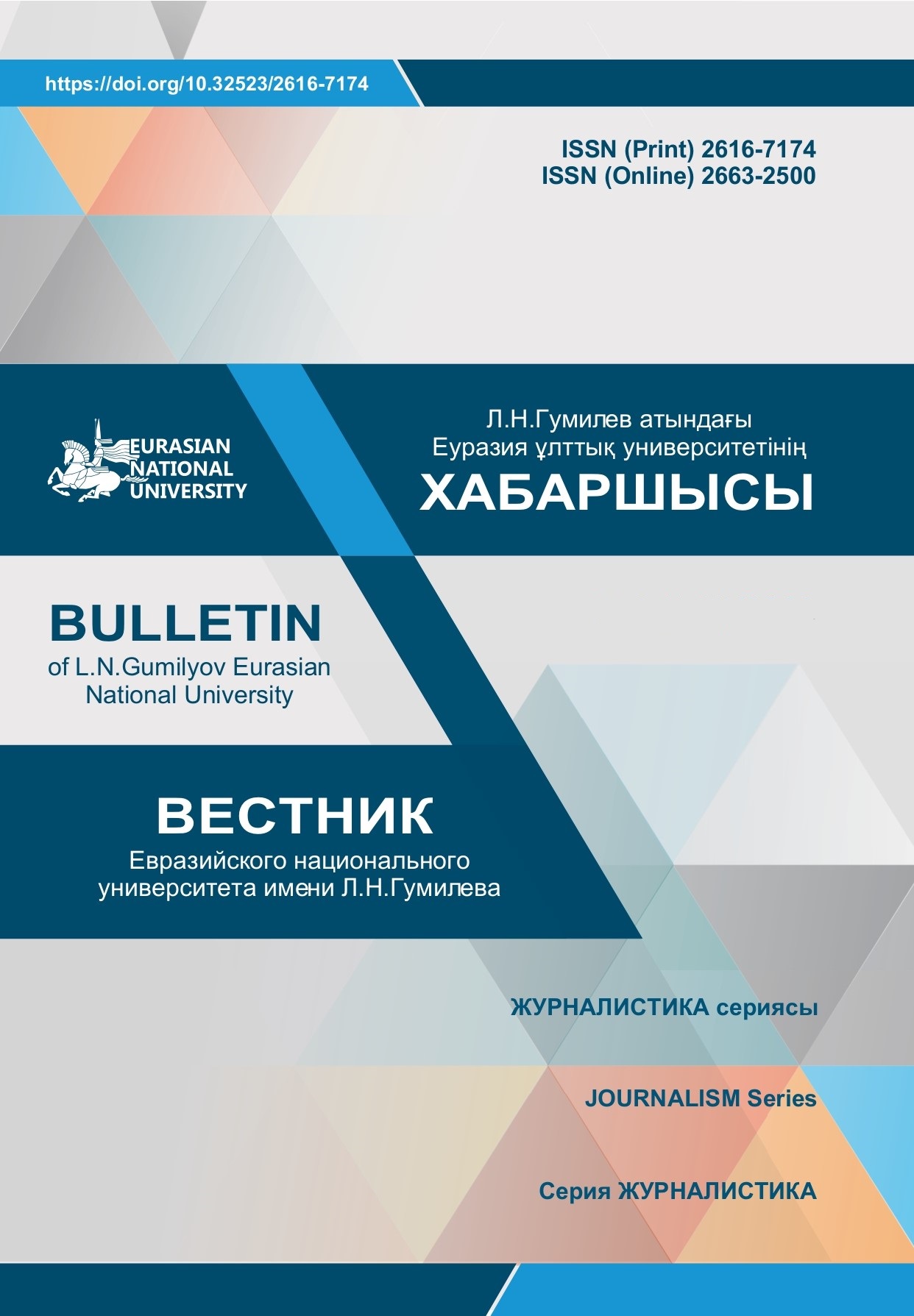The influence of social networks on public consciousness
Views: 511 / PDF downloads: 1184
DOI:
https://doi.org/10.32523/2616-7174-2024-147-2-8-24Keywords:
social networks, public consciousness, emotions, sociology, society, fact checking, manipulation, propaganda, fakeAbstract
In today's digital landscape, social networks have transcended their role as mere platforms for information exchange and have evolved into vibrant forums for public discourse. Numerous examples underscore this transformation. Take, for instance, the “Ex-Minister’s Case” in Kazakhstan, which not only galvanized protests against violence but also catalyzed the incorporation of concepts like “harassment” and “stalking” into legislative frameworks. However, the concerning issue of child safety in the realm of social media cannot be overlooked. Addressing this concern, on February 23, 2024, the head of state endorsed legislation amending certain laws of the Republic of Kazakhstan pertaining to education, mentorship, and child safety. Furthermore, the enactment of the law “On Online Platforms and Online Advertising,” effective March 2, 2024, mandates compliance from influencers, bloggers, and all users disseminating paid content. The proliferation of various forms of fraudulent activity necessitates such legislation. Notably, the imposition of a 5-year prison sentence on prominent bloggers for promoting a pyramid scheme underscores the gravity of the issue.
Political discourse and news analysis are ubiquitous across social media platforms. However, the prevalence of manipulation, particularly during electoral campaigns, undermines citizens' capacity to make well-informed decisions.
Facebook, Instagram, TikTok, X (Twitter), Telegram, and WhatsApp—these platforms have not only become conduits for information dissemination but also integral channels for its consumption. The dissemination of misinformation during pivotal events such as the “Arab Spring,” the Hong Kong protests, the anti-racism movement, and the U.S. presidential election continues to exert influence on global politics, accentuating the significant role of social networks in shaping public consciousness. Even following the information vacuum following the «January events» in Kazakhstan, societal political sentiments can be gauged through social media posts and discussions. The enduring impact of social media on political consciousness underscores its continued significance. This article presents research findings pertinent to these evolving dynamics.


